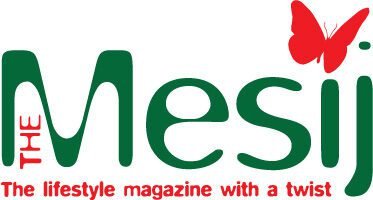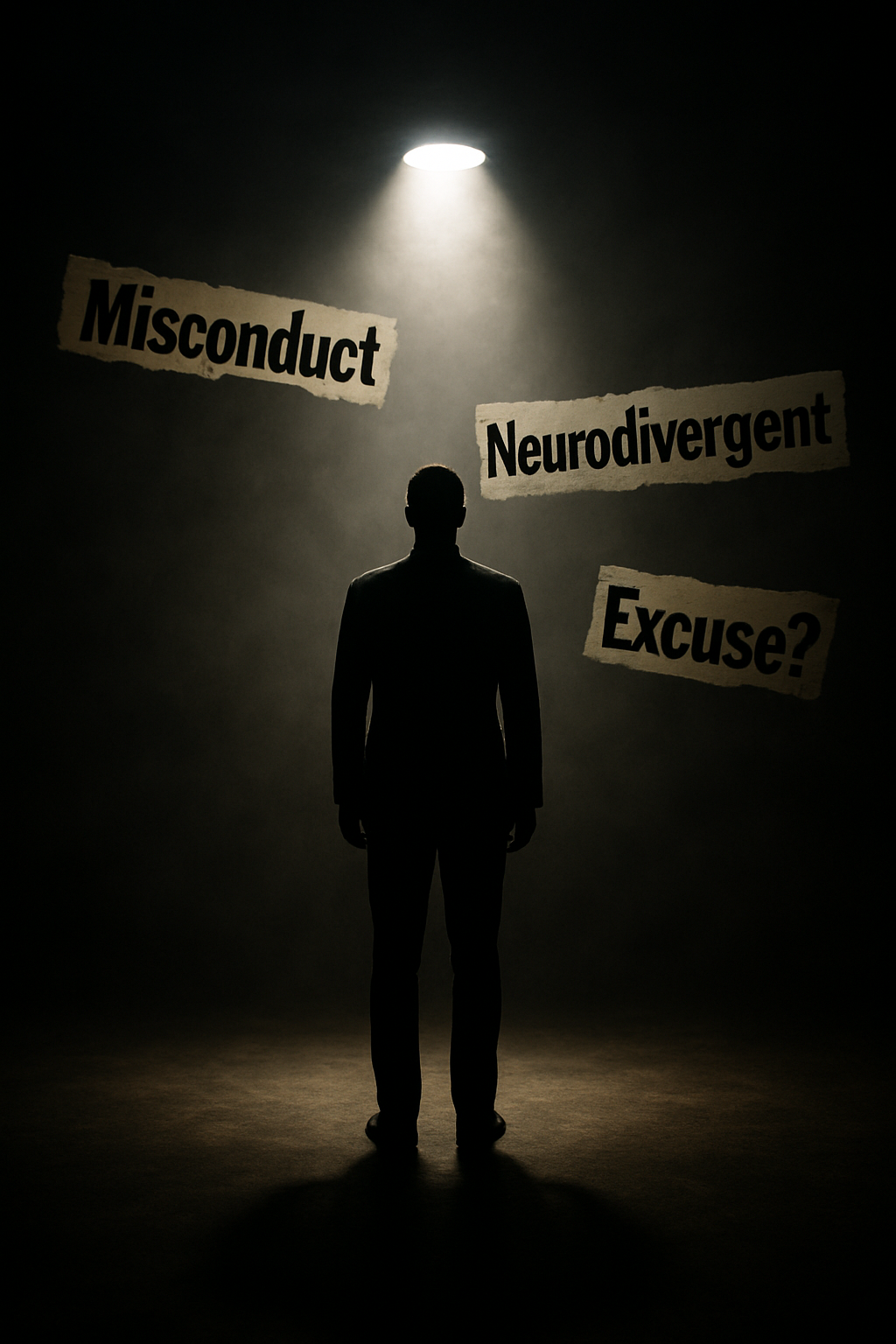Back in the 80s and 90s, there was an unspoken rule at work: the less people knew about you, the better. Your health, your personal struggles, your quirks? Best left off the record. Fast-forward to 2025, and you’d think the world would have evolved. We’ve got hashtags shouting about neurodiversity inclusion, rainbow-coloured HR brochures promising understanding, and LinkedIn posts declaring every company a safe haven for “different” thinkers.
Yet, here we are. People are still whispering, second-guessing, and keeping quiet about their ADHD, autism, dyslexia, or other ND diagnoses. Why? Because workplaces haven’t caught up with their marketing material. We’re still trapped between a culture that claims to celebrate individuality and one that quietly rewards conformity.
So, what’s the right move? Do you disclose your neurodivergence and risk judgment, or stay silent and keep your cards close to your chest? There isn’t a one-size-fits-all answer, but there’s plenty to unpack.
The Cultural Hangover We Can’t Shake
In the 80s and 90s, keeping personal details private wasn’t just encouraged; it was survival. Disclosing a chronic illness or a learning difference could derail your career faster than you could say “probation review.” That mindset hasn’t entirely vanished. Many of today’s decision-makers cut their teeth in that era and still carry its lessons forward, consciously or not.
Even with anti-discrimination laws and diversity quotas, old attitudes linger in the shadows. While companies proudly promote “inclusion policies,” the reality on the ground can feel less progressive. For every supportive manager, there’s another who still equates ND with “less capable.”
Fear, Stigma, and the “Invisible” Label
Here’s the uncomfortable truth: being neurodivergent is still widely misunderstood. Because most ND traits are invisible, colleagues often rely on outdated stereotypes to fill the gaps:
- ADHD = flaky and unorganised
- Autism = antisocial and rigid
- Dyslexia = struggles with anything “complex”
None of these are true, but perceptions shape reality. Research by the Chartered Institute of Personnel and Development (CIPD) shows that nearly 60% of neurodivergent employees fear discrimination if they disclose their diagnosis. That’s more than half of us still operating under quiet anxiety, tiptoeing around the possibility of being misunderstood.
The Transparency Tightrope
So, what happens when you’re weighing whether to disclose? There are two main routes:
Option 1: Be Upfront
You explain your diagnosis, request accommodations if needed, and trust your workplace to honour its promises of inclusion. Best-case scenario? You thrive with support tailored to your needs. Worst case? You’re subtly sidelined for promotions or labelled “high maintenance.”
Option 2: Keep Quiet
You mask, adapt, and avoid putting a label on yourself. Best case? You blend in seamlessly and control the narrative. Worst case? Your challenges eventually surface anyway, but without context, leaving colleagues to assume incompetence or carelessness.
Neither choice comes without cost.
The Hidden Labour of Masking
If you choose silence, you sign up for an invisible second job: masking. That means forcing yourself to work, communicate, and behave in ways that align with neurotypical norms. It’s exhausting, and it eats away at your mental and physical reserves. Studies show that prolonged masking increases the risk of burnout, anxiety, and even physical health issues.
And yet, many still choose this path because the alternative – being open, can feel just as risky.
When Disclosure Works in Your Favour
Let’s not pretend disclosure is always dangerous. In the right environment, it can be liberating:
- You can request reasonable adjustments, like flexible hours or noise-cancelling headphones.
- You gain allies at work who understand your needs.
- You create space for others to disclose, slowly shifting the culture.

Some industries, especially tech and creative fields, are more ND-friendly than others. Certain companies actively recruit ND talent because of the unique strengths neurodivergent thinkers bring, like problem-solving, pattern recognition, creative leaps that others miss.
But here’s the catch: disclosure only works when the culture backs it up. Token diversity statements don’t cut it.
When Silence is Self-Protection
For others, staying quiet is an act of self-preservation. Maybe you work in a competitive environment where vulnerability is weaponised. Maybe your manager has the empathy of a paperclip. Maybe you’ve been burned before.
Silence doesn’t mean shame. It can mean strategy.
Should Disclosure Even Be a Thing?
And here’s the bigger question: why do we even need to disclose? If workplaces were designed with flexibility and individuality as standard, there’d be no need for special requests. Everyone would have autonomy over how, where, and when they work best.
Until we get there, though, this remains a personal gamble, a weighing of risks, rewards, and energy costs.
The System, Not the Person, Is the Problem
This dilemma exists because neurodivergence is still treated as an exception to the norm rather than a natural variation of it. Businesses say they want innovation but expect everyone to conform to the same mould.

If companies truly valued neurodiversity, they wouldn’t just ask us to declare it; they’d design systems where difference isn’t just tolerated but celebrated.
Of course, some industries are further ahead than others when it comes to embracing neurodiversity, but inclusivity varies so much between individual companies that it’s rarely helpful to generalise
Until then, many of us will continue dancing between disclosure and discretion, working out what feels safest for now.
Final Thoughts
There’s no right or wrong here, only what’s right for you. The decision depends on:
- How inclusive your workplace really is
- How much support you need day-to-day
- How comfortable you are managing perceptions
And maybe the most important thing to remember: choosing not to disclose doesn’t make you dishonest. Choosing to disclose doesn’t make you difficult. It makes you human, navigating a system that isn’t built for nuance.
So, what about you? Have you shared your ND diagnosis at work, or kept it quiet? And if you did disclose, was it worth it?
*This image is AI-generated with prompts made by me and serves no educational purpose, it is only used to highlight certain aspects of this article.




